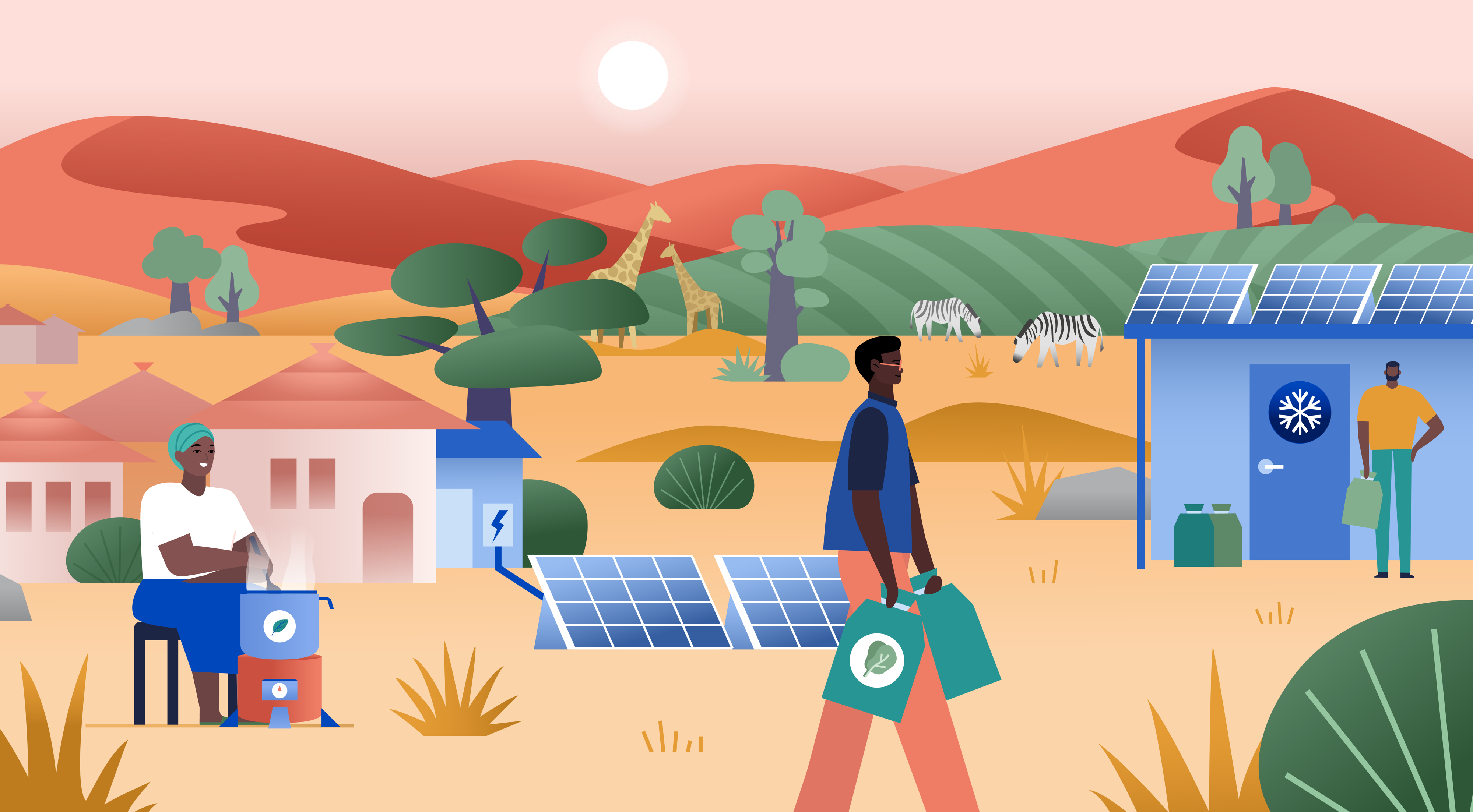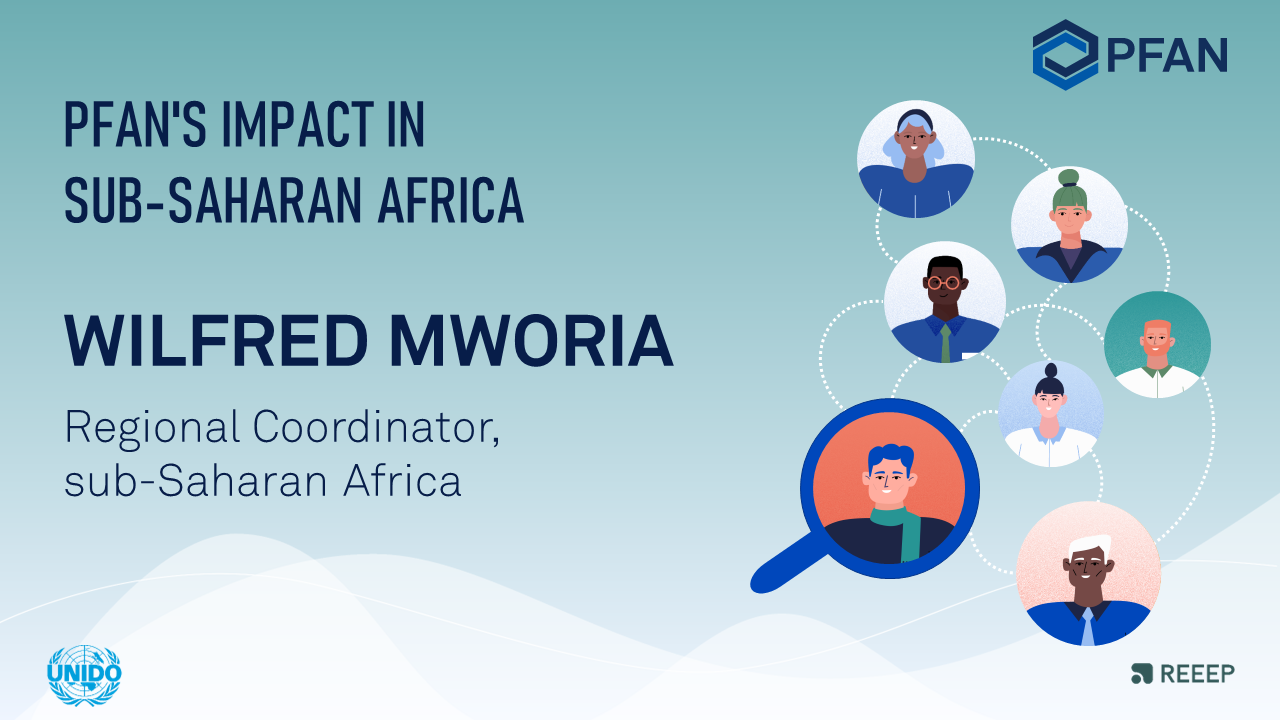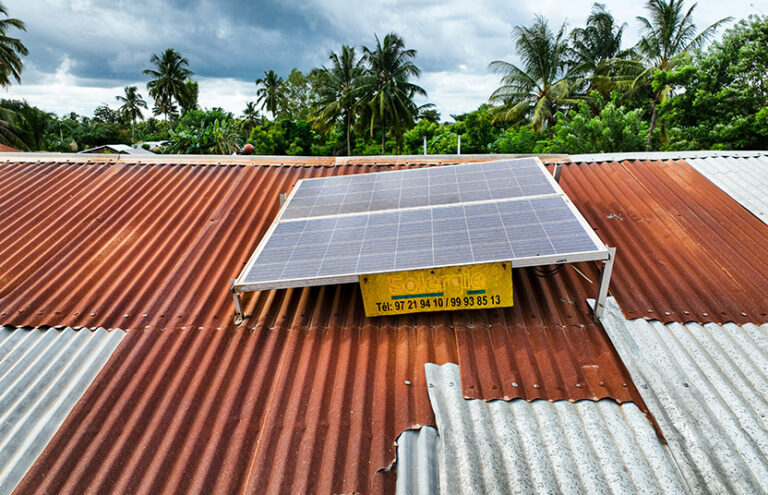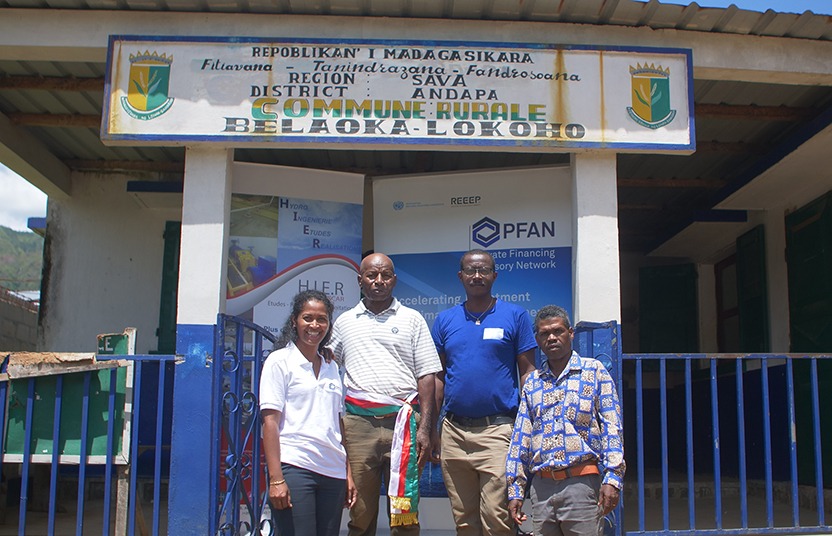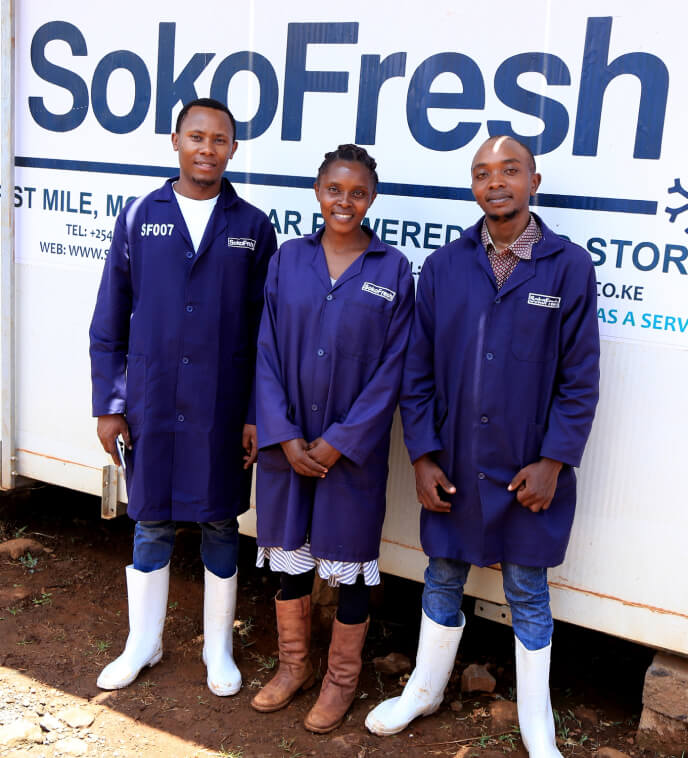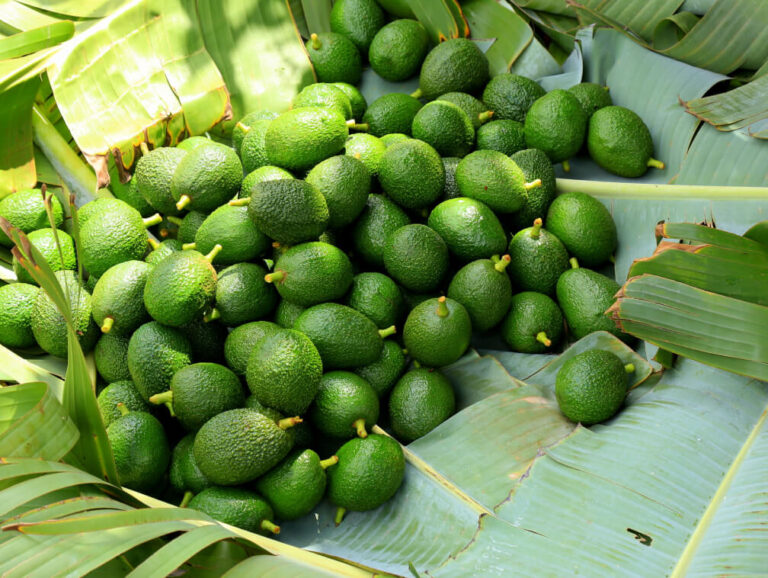PFAN IN SUB-SAHARAN AFRICA 2016-2023
- 150 Total investment leveraged (USD million)
- 38 Total projects which mobilised finance
- 23.3 Clean energy capacity added (MW)
- 331 Projects provided PFAN support
- 26 000 CO2eq reduced per annum (tonnes)
Market developments 2016-2023
Climate finance flows to Africa still fall far short of the continent’s needs, reaching only about 12% of what is necessary.[1] The need for finance in climate-related sectors such as transport, energy, industry, agriculture, forestry, and adaptation continues to be essential as the region responds to the effects of climate change. The difference between finance flows into mitigation and adaptation remains evident, whereby mitigation is supported through private sources of debt and adaptation from public sources. Hence, calls for innovative approaches to climate finance in the region are necessary to make changes. This has been seen through the increasing growth of carbon finance over the past years. However, setbacks with differing standards and credibility call the progression into question.
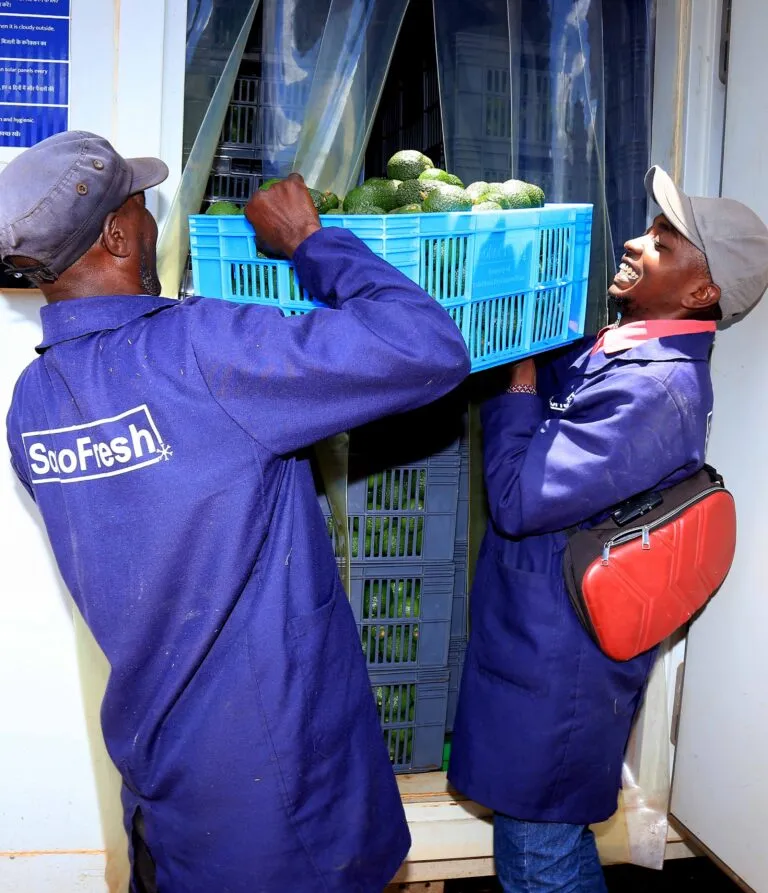
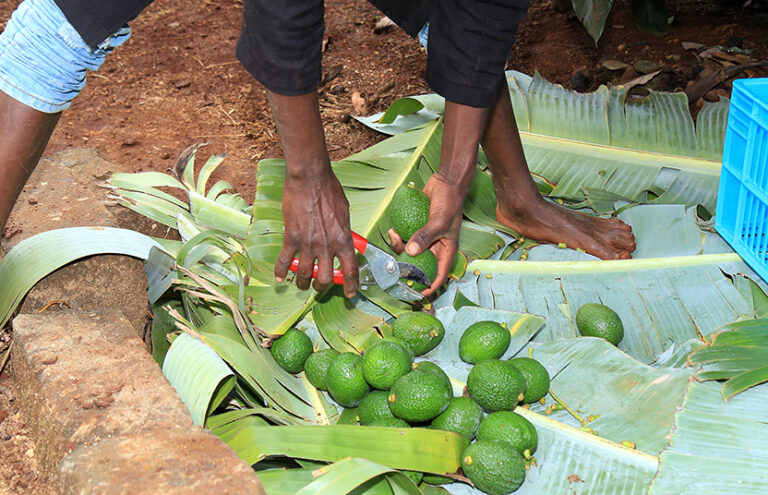
Though the last two to three years have seen a decline in the establishment of additional renewable energy capacity (especially in East Africa) and investors’ continued reticence for clean cooking, energy access and solar home systems (especially post-pandemic), a greater focus has transpired on climate adaptation, dominating the discourse throughout sub-Saharan Africa. The economic impact of climate change is driving up investment risks, bankable projects are hard to come by due to a scarcity of development funding and the fragmentation of policy and regulation leads the region to require the support of advisory services.
PFAN’s activities and highlights
Drastic changes in domestic political and economic conditions have shown the region’s fluctuating market; nonetheless, if the incentive is there, finance can be mobilised, as seen through the 37 projects raising investment through the help of PFAN in sub-Saharan Africa since 2016. As sub-Saharan Africa builds back after a wave of difficulties, recent geopolitical developments in Eastern Europe and the Middle East show another curve ball cannot be ruled out.
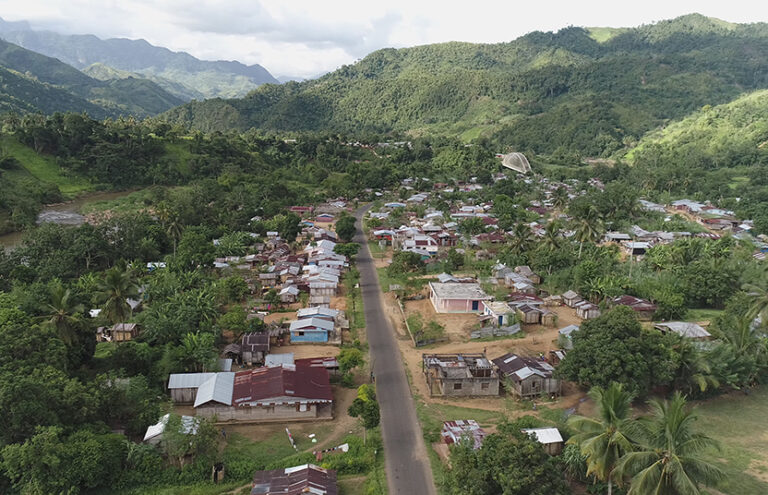
In the past year, the region’s major economies have been characterised by high inflation, public debt distress and currency devaluation. Ghana, Ethiopia and Zambia have already defaulted on some obligations. Furthermore, increasing adverse climate events increase investment risk in Africa on the one hand and, on the other, push up public debt to finance a response.
In the region, declining official development assistance, shrinking fiscal and monetary space for governments, shifting attention away from traditional donors and funders, over-indebtedness of domestic public sources and the lack of climate finance data are leading to an increasing need for private sector involvement in the climate and clean energy development sector. Furthermore, the continuously evolving market in the region shows a need to support adaptation projects and help them attract the private sector, as well as respond to individual country needs with a tailored approach. PFAN has reacted to these needs through our locally-based advisors by scoping individual country developments, originating projects in the sector, continuously updating the scope of advisory services through the development of individualised services dependent on project needs in 2020 and creating a deal book in 2022 to bring projects closer to investors. These achievements underscore PFAN’s commitment to overcoming challenges, driving successful project outcomes and fostering sustainable practices in the climate and clean energy landscape.
Capacity building and market development activities
PFAN has not only supported entrepreneurs in the region through business coaching and investment facilitation services but also provided additional support to selected projects through project development workshops and investment fora. A highlight from the sub-Saharan Africa Region is the West Africa Forum for Clean Energy Financing (WAFCEF), which was held four times in Abidjan, Ivory Coast, between 2013-2019 (WAFCEF 1-4) in collaboration with the African Development Bank (AfDB). Southern and Eastern Africa also saw investor events such as the Sida PFAN Initiative on Clean Energy Financing (SPICEF) taking place in Nairobi, Kenya, in 2016 and 2018, as well as the Africa Investment Forum (AIF) that took place in Johannesburg, South Africa in 2018 in cooperation with AfDB.
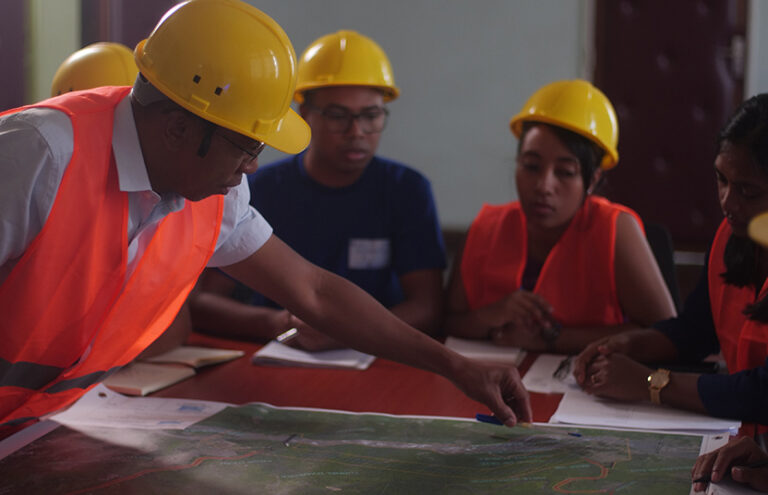
In preparation for the investor fora, projects selected to participate received hands-on advice from the PFAN team on presenting their business ideas to investors. These in-person events also helped strengthen the relationship between PFAN Advisors and the projects and businesses we support, fostering cohesion amongst the network. To ensure high service delivery standards and continuous improvement of the networks’ skills, regular capacity-building events with PFAN Advisors and Country Coordinators were also held, with the most recent one in 2023 in Kenya.
As part of our Gender Mainstreaming activities, PFAN launched a Call for Proposals in West Africa in 2017 targeting women-led businesses in the clean energy market. The targeted call was part of the regional project on ‘Mainstreaming gender for a climate resilient energy system in ECOWAS’ to develop and harness the capacity of the region’s population to adopt and implement a gender-responsive approach to improved energy access, supported by the Climate Technology Centre & Network (CTCN) through technical assistance. Four of the supported projects through this initiative had the opportunity to present their projects at the PFAN Global Investment Forum that took place in Vienna in May 2018. To date, three of these four projects have successfully mobilised finance.
Collaboration highlights
PFAN has had several successful collaborations in the sub-Saharan Africa with a range of partners. Highlights include:
- AgriPitch competition 2022: PFAN partnered with Private Equity Support (PES), a company led by a PFAN Advisor based in Kenya to support young African entrepreneurs in the agriculture sector. Twenty-five finalists received training to build business skill capacity to bolster their investor readiness, financial management and help them pitch bankable business proposals.
- Umoja Incubator 2022: In collaboration with Serengeti Energy, the Umoja Incubator paired Serengeti Energy’s early-stage development finance capabilities and experience with PFAN’s expertise in project origination and preparation to provide 13 shortlisted projects from across the continent with the commercial and technical knowledge to help them mobilise investment and positively impact their communities, culminating in a week-long workshop of expert training, networking sessions and capacity building. After pitching to the jury and investors present, a 20 MW solar project from Benin was selected as the winner, going on to receive development support from Serengeti.
- ADEME (2021 – 2023): PFAN partnered with ADEME (the French Agency for Ecological Transition) to support entrepreneurs who are developing and implementing innovative solutions to improve off-grid energy access in sub-Saharan Africa. The main priorities were to build the capacity of local players to ensure sustainable benefits for local populations and to enable the creation of income-generating activities for agricultural producers and micro-entrepreneurs.

Wilfred has 20 years working experience spanning the fields of ICT, media, venture capital and climate finance, with a passion and skill for driving innovation and entrepreneurship in Africa. He currently leads the angel network and partnerships at ViKtoria Ventures, a platform that connects early-stage ventures to investors and mentors in Kenya and beyond. He has facilitated multiple deals and collaborations between startups, angel investors and corporate partners, leveraging his extensive network and domain expertise in ICT and venture capital.
Wilfred specialises in financing innovation and entrepreneurship and new venture creation and development, especially in difficult or under-served market contexts.
Wilfred Mworia shares insights into PFAN’s impact in Sub-Saharan Africa
